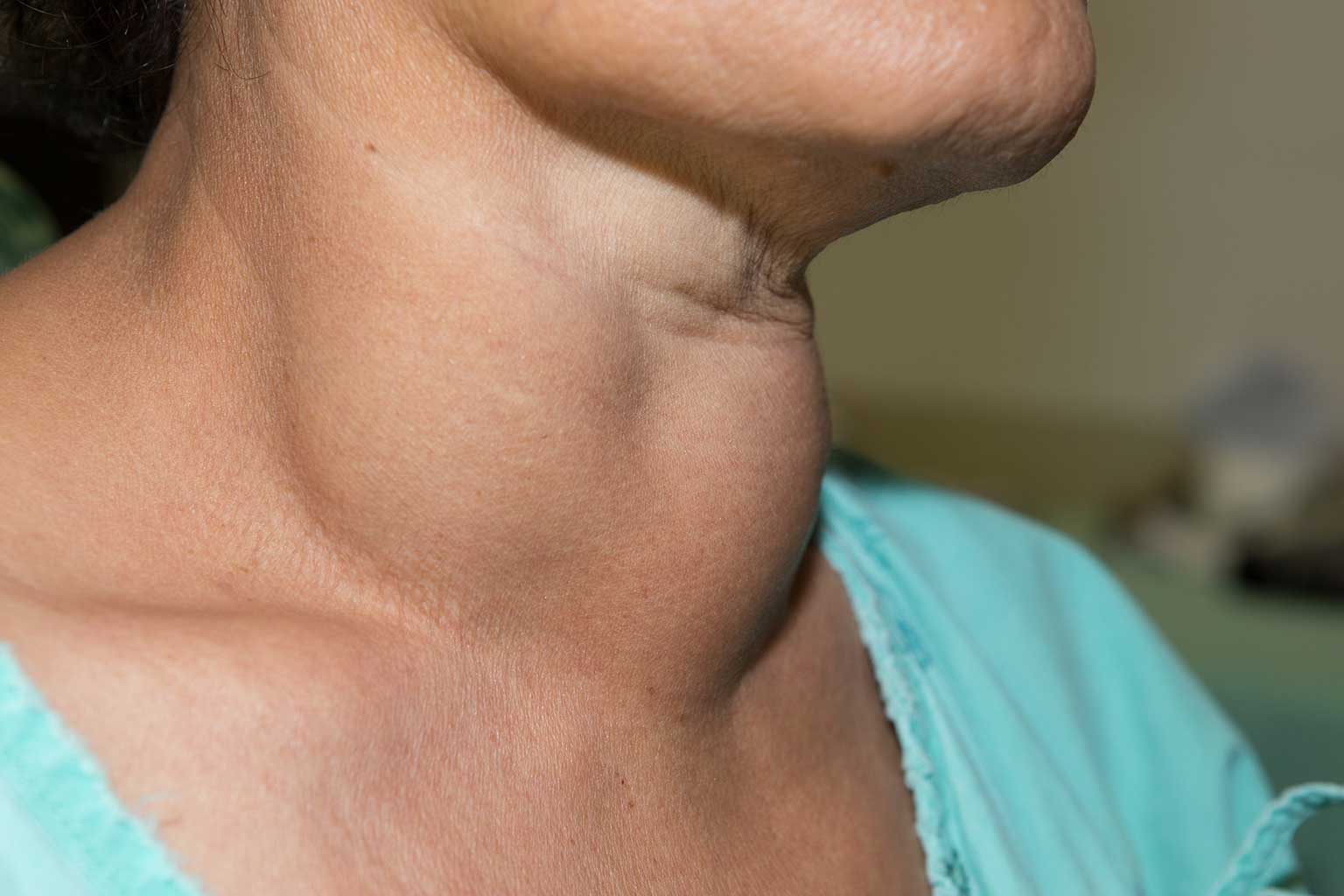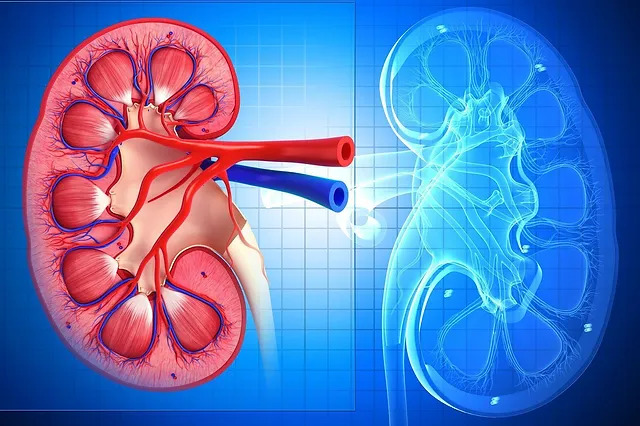-
7th floor, 719-720 , Maple Trade Center , Nr. Surdhara Circle, SAL Hospital Rd, Thaltej, Ahmedabad, Gujarat
7th floor, 719-720 , Maple Trade Center , Nr. Surdhara Circle, SAL Hospital Rd, Thaltej, Ahmedabad, Gujarat

Ayurveda offers a holistic approach to managing diabetes, often referred to as "Prameha" in Ayurvedic terminology. The treatment of diabetes in Ayurveda involves a combination of dietary adjustments, lifestyle modifications, herbal remedies, and detoxification methods to help balance blood sugar levels.
It's crucial to understand that Ayurvedic treatments for diabetes are often used as complementary approaches alongside conventional medical management. People with diabetes should continue to monitor their blood sugar levels, follow their healthcare provider's advice, and use prescribed medications as needed.
Ayurveda offers a holistic approach to managing hypertension, often referred to as "Rakta Gata Vata" in Ayurvedic terminology. The treatment of hypertension in Ayurveda involves a combination of dietary adjustments, lifestyle modifications, herbal remedies, and stress management techniques to help balance blood pressure levels.
It's important to note that Ayurveda should be used alongside conventional medical management for hypertension. People with hypertension should continue to monitor their blood pressure levels, follow their healthcare provider's advice, and use prescribed medications as needed.


In Ayurveda, thyroid disorders are often associated with imbalances in the doshas. For instance, hypothyroidism is often linked to an aggravated Kapha dosha, while hyperthyroidism may involve imbalances in Pitta and Vata doshas. Addressing these dosha imbalances is a key aspect of treatment. Ashwagandha is known as an adaptogenic herb that can help regulate thyroid function. It's commonly used for both hypo- and hyperthyroidism.
Establishing a daily routine that includes regular meals, exercise, meditation, and adequate sleep can help manage stress and maintain overall well-being.
The treatment of anemia, a condition characterized by a deficiency of red blood cells or a decrease in their ability to carry oxygen, varies depending on the underlying cause and severity of the condition. It's crucial to determine the cause of anemia before starting treatment. In cases of iron-deficiency anemia, the most common form, increasing iron intake through dietary sources is crucial. These sources include red meat, poultry, fish, beans, lentils, fortified cereals, spinach, and dried fruits.
The treatment of anemia should be personalized to the individual's condition and needs. A healthcare provider, often a hematologist, can diagnose the type and cause of anemia and recommend the most appropriate treatment plan.


The treatment of renal disease, also known as kidney disease, varies depending on the type and severity of the condition. It's essential to note that the management of renal disease often involves a combination of medical interventions, lifestyle changes, and, in some cases, dialysis or kidney transplant.
The management of renal disease is highly individualized and depends on the specific type of kidney disease, the stage of the disease, and the overall health of the individual. It's important to consult with a nephrologist (kidney specialist) for a comprehensive diagnosis and personalized treatment plan.
Cardiac disease, often referred to as cardiovascular disease, encompasses a range of conditions that affect the heart and blood vessels. Treatment for cardiac disease varies depending on the specific condition, the severity, and the individual's overall health.
Treatment for cardiac disease is highly individualized and depends on the specific diagnosis and risk factors. It's important to consult with a cardiologist or healthcare provider for a comprehensive evaluation and personalized treatment plan. Early detection, lifestyle modifications, and medication adherence can help manage cardiac disease effectively and improve overall heart health.
